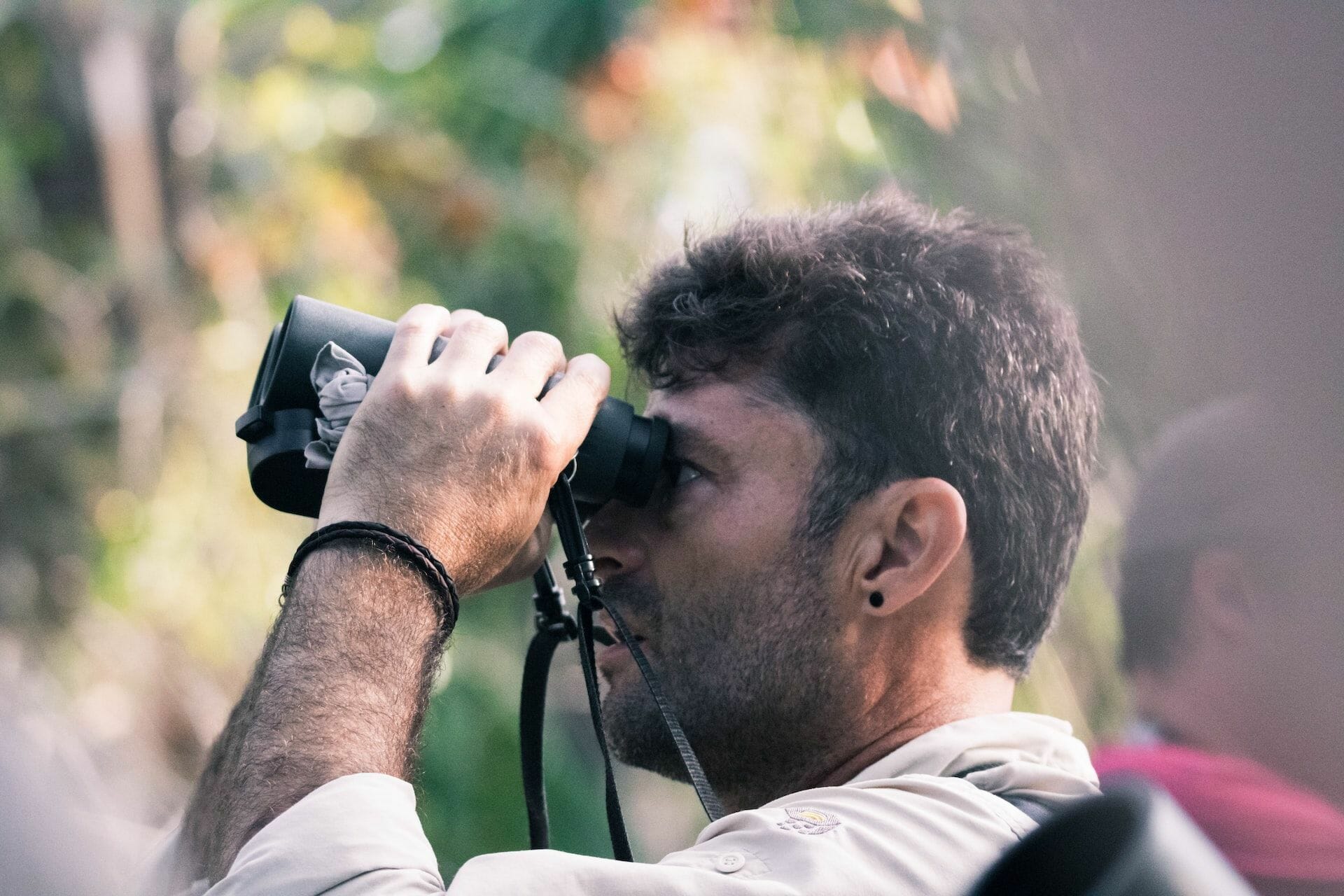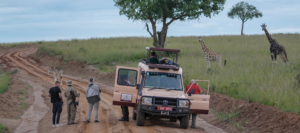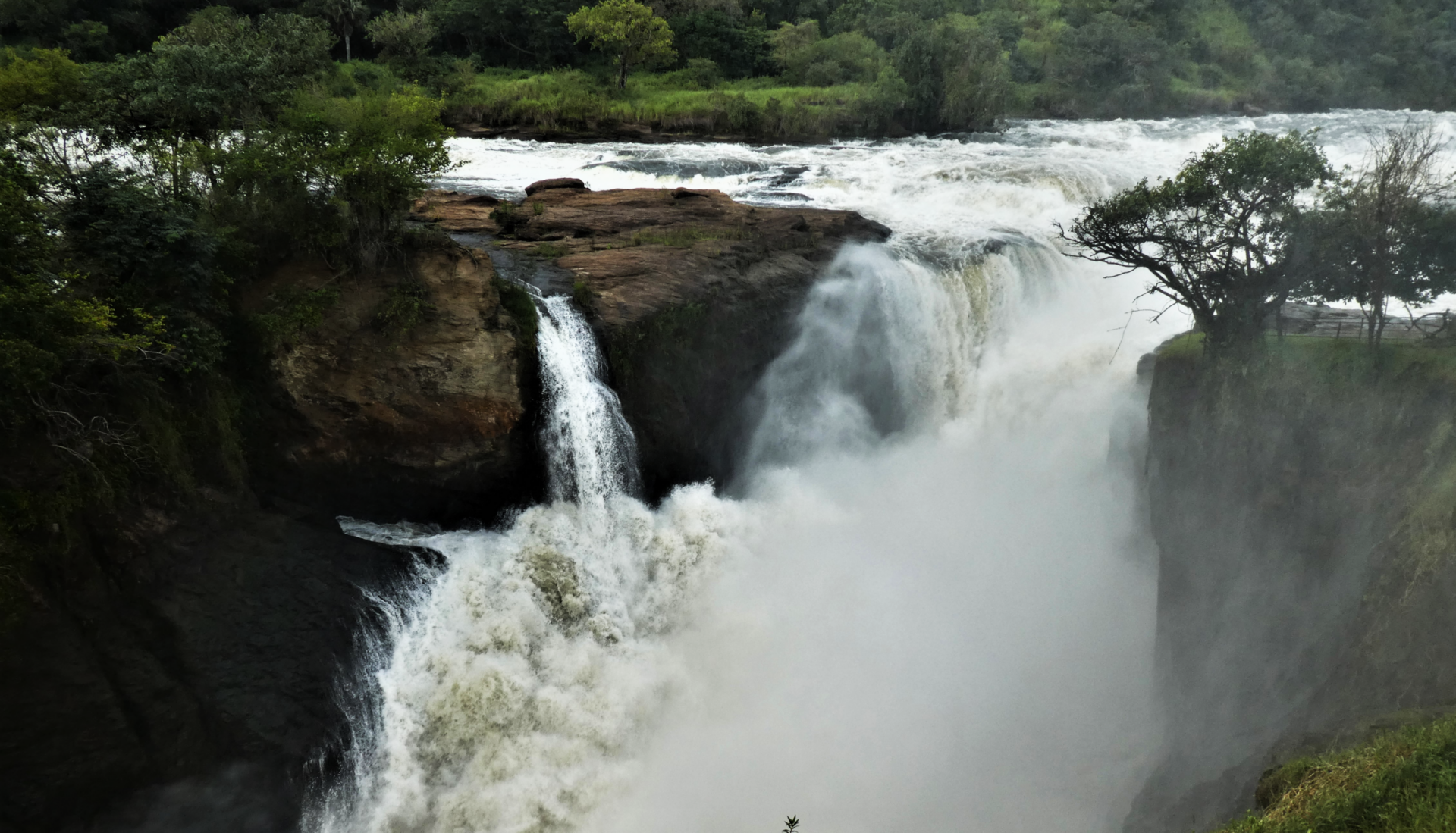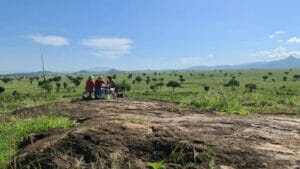Thinking about birdwatching in Uganda? Want to make sure you have all the right equipment for an East Africa birding safari?
Whether you’re an avid birder or just picking up this beautiful hobby, the right birding equipment will make the experience unforgettable.
At its most basic, birding is a fun way to in closer contact with the nature around us. From the birds that live in our neighborhoods to the ones that migrate through during special periods of the year, time spent birding helps us become more in-tune with our surroundings.
One of the incredible attractions of birding is its simplicity. It doesn’t have to be an expensive hobby, so as a beginner, don’t let the budget get in the way. There are no set rules, no minimum requirements to meet for bird watching equipment other than enjoying the birds.
That’s what makes the chance to go on a birding safari so special. Beyond just seeing birds while you’re out and about in the world, you get to seek out the most unusual, most beautiful, and most interesting birds wherever you are.
And there may be no better country in the world to go birding than Uganda, especially given how many of its national parks are perfectly suited for it. So in addition to putting together your trip’s packing list, be sure to read on for more information on your birding safari checklist.
Famous Bird Species in Uganda

Uganda is a birding paradise. With over 1,000 species of birds, Uganda has over 50% of Africa’s bird species and 11% of the world’s species.
Endemic bird species in Uganda include the Stuhlmann’s Double-collared Sunbird, kingfisher, the Fox’s Weaver, the great Shoebill, Northern carmine bee-eater and Rwenzori Turaco. If you’re putting together a list of Uganda birds to see on safari, those need to be right at the top.
Bird-Watching Equipment Checklist
The next step for any passionate birder is making sure you can actually see those birds. Though equipment isn’t necessary for starting as a birder, the right birding equipment will allow you to see more birds and in better detail.
We’ve put together a basic bird watching equipment checklist. Here you’ll find the five most important pieces of equipment for birding in Uganda.
Binoculars
Unlike your bird feeder at home, most birds in Uganda won’t just be waiting for you outside of your window.
That’s why a good set of binoculars is essential for birding in Uganda.
Without binoculars, a beautiful bird sitting high in a tree remains nothing more than a speck in the distance.
With binoculars, you will be able to spend a beautiful moment taking in all of the intricate details of this unique creature. For hard-to-identify species, this close-up view of their details will help you feel confident about checking them off your list of birds to see in Uganda.
2. Field Guide
While you may have an idea of a few of the birds you want to see on your birding safari in Uganda, keeping in mind finding over 1,000 bird species is a challenge.
That’s why a field guide – such as a bird identification book or an app – is an essential basic birding equipment for a beginner. A field guide helps elevate birding from seeing birds in the distance and being impressed by their size or coloring and actually knowing which bird you just saw. Truly, a birding field guide will elevate any Uganda birding experience.
On the flip side, there’s nothing more frustrating for a passionate birder than seeing a tree full of beautifully colored birds and identifying none of them. Carrying a bird identification book or downloading an app on your phone will help you classify different birds based on the field guide’s illustrations and descriptions.
3. Notebook and Pen
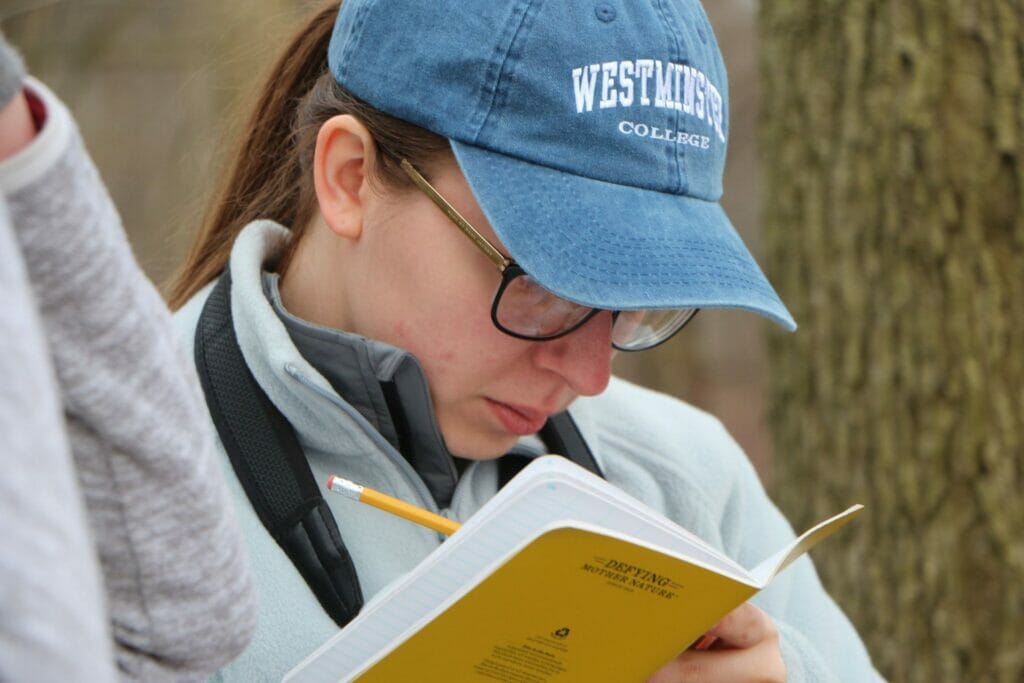
The birding experience isn’t only about seeing birds in the moment, it’s about taking notes and reflecting on what you’ve seen later on.
Don’t expect you’ll be able to remember everything you’ve seen during your trip. It is essential to record your observations during birdwatching with a notebook and pen.
The best way to learn bird identification is to observe a new bird closely, then write in the notebook the description of what you saw. This way, you can later go through the field guide, comparing the information in the field guide to your notes.
This is especially important if you’re seeing a number of birds and you don’t have time to reference your field guide. Mark the information down so you can then confirm later what Uganda birds you’ve seen.
4. Spotting Scope
Think you’ll be tracking a lot of birds flying over long distances? Then you may want to supplement your binoculars with a spotting scope, too.
Binoculars may help you get a better view of birds around you, but to see a bird at a far distance, you’ll need the help of a spotting scope.
A spotting scope will help you get a more detailed look at birds for better identification.
5. Camera
Last but not least on our list of essential birding equipment is your camera. If you want to create a collection of the birds you’ve seen on your Uganda birding trip or share photos with friends and family, you’ll need something that takes photos.
The main argument for a camera over a cell phone is having a physical zoom lens. This ensures you can get a closer view of the bird without distorting the image (digital zooms just don’t cut it).
For a beginner, an average-level camera will do. You don’t need an expensive camera or lens on the market to go birding.
But if you are experienced with these devices and want beautiful and more accurate shots, nothing beats a telephoto lens camera. These have powerful zoom lenses and allow you to take clear photos of the birds.
Can You Go Birdwatching With A Camera Phone?

A big question we get for people taking their first birding trip in Uganda is if they can go birdwatching with a camera phone. The short answer is yes, a smartphone camera can still do. Here are our three tips for using a camera phone for birding.
- Don’t Zoom – Instead, just focus on capturing the image. The cropping you do later on will produce the same effect, so instead make sure the picture is well-framed and in focus.
- High-Quality Images – Different camera phones may save photos at different sizes. For your birding safari, make sure you are saving photos at the highest resolution possible.
- Photos First, Edit Later – Take advantage of the convenience of a camera phone and take plenty of pictures. Later that evening you can delete the ones that didn’t work out.
Birding Safaris in Uganda
Looking to get started with a one-week birding safari in Uganda? Want a more leisurely trip to see the Pearl of Africa’s most beautiful birds? Or do you only have a day in Kampala, but you’d still like to go birding?
Get in touch with Kikooko Africa Safaris today to start planning your own Uganda birding adventure.

